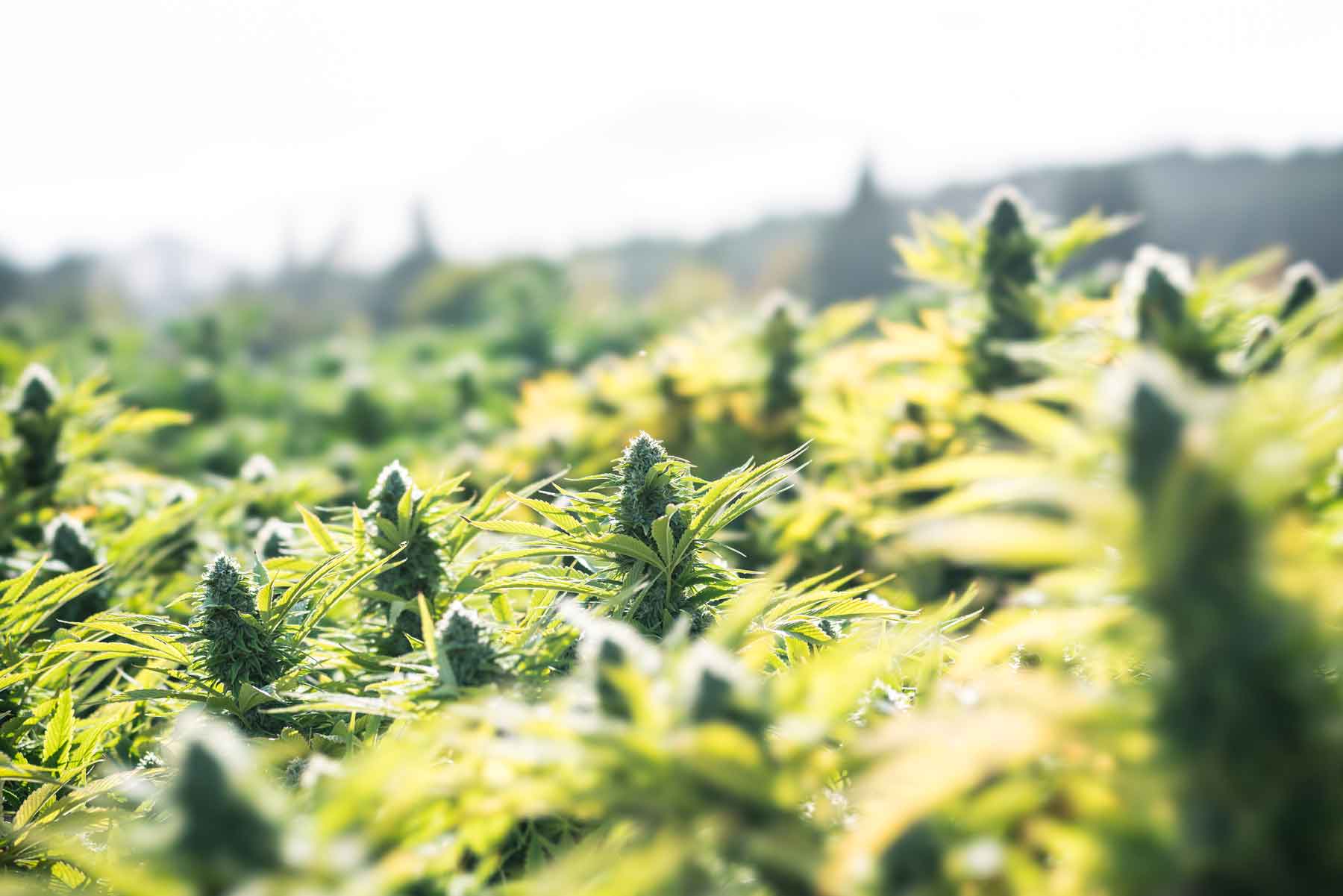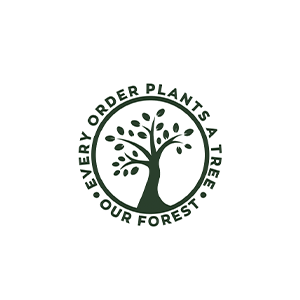
What's the Difference? | CBD Isolate vs. CBD Distillate
WRITTEN BY MELANIE FLORES AND DR. SWATHI
Cannabidiol (CBD) is an active cannabinoid in the cannabis plant without intoxicating effects (feeling ‘high’). Currently in the U.S. there are a wide variety of CBD products that are available over-the-counter to consumers. Given the range and variety of products available in most grocery stores and pharmacies, it’s natural that people may feel overwhelmed trying to understand the differences between them. One of the major decisions people who are purchasing CBD products have to decide on is whether they want a CBD isolate or CBD distillate. Understanding the key differences between CBD products can help you make more informed, empowered decisions on what you are putting into your body.
Cannabinoids & Terpenes
Before discussing the differences between isolates and distillates, it is important to understand cannabinoids and terpenes. Cannabinoids are the chemicals in cannabis that directly affect cannabinoid receptors in the human body and brain. Common cannabinoids in cannabis include CBD, THC, CBN, and CBG. Terpenes are chemical compounds that are found in plants and are responsible for the unique aromas, flavors, and appearance of cannabis plants. Terpenes are also the primary molecule in essential oils. It is believed that different terpenes and cannabinoids can produce different effects both psychologically and physiologically. Common terpenes found in the cannabis plant include: myrcene, limonene, pinene, and linalool. Currently, studies are under way to discern the medicinal benefits of individual terpenes and cannabinoids, but preliminary data support their use for sleep, anxiety, and pain.
CBD Isolate
CBD isolate is an isolated form of pure CBD. CBD is manufactured from the hemp plant, so that it only contains the cannabinoid of CBD. All other cannabinoids, including THC, and terpenes are removed from CBD isolate. The lack of terpenes in the product could in part explain why CBD isolates are mostly tasteless and odorless. Pure CBD isolate, if manufactured correctly, should also contain no additives, contaminants, or heavy metals. Transparency in manufacturing, third party testing, and ingredient sourcing is of the utmost importance to high quality CBD brands.
CBD Distillate
CBD distillate contains all cannabinoids (except THC), terpenes, fatty acids, and vitamins naturally found in the hemp plant. Due to the lack of THC in CBD distillate, it is still a non-intoxicating product. Although CBD distillate is not pure CBD, most products are still over 80% CBD–this is one of the reasons why CBD is referred to as a major cannabinoid as it comprises much of the percentage of CBD products. The inclusion of terpenes causes CBD distillate to have the natural flavor and odor of the hemp plant. A 2021 observational study found that distilling hemp resulted in an improved cannabinoid profile and that the process actually increased the amount of CBD in the product and reliably decreased the amount of THC.
CBD Isolate vs. CBD Distillate: Which one is right for you?
CBD isolate may be a good choice for consumers that are concerned about passing a drug test. Although CBD distillate removes THC, there still may be some trace amounts found in the product. Isolate also may be a better option for those that are very sensitive to the taste or smell of hemp. People that only seek the pure benefits of CBD, and not other natural molecules found in the hemp plant, may also prefer isolate over distillate.
CBD distillate is a popular option for consumers due to the postulated synergistic therapeutic benefits of other cannabinoids and terpenes. Recent research cites the “entourage effect” detailing that cannabinoids and terpenes can work together to enhance effects. The entourage effect is the suggested effect that when cannabinoid and terpenes are consumed together, they produce a more potent effect than either molecule individually. A 2020 literature review of over 100 studies suggested that the entourage effect could possibly be utilized to benefit those with depression and anxiety. More controlled trials are needed to explore this concept. Formulations made with distillates could be a great option for those with mood disorders who are looking to avoid the side effects of traditional mental health medications (if you think this could be you, please reach out to Dr. Swathi to speak with her directly about your scenario).
The bottom line
Ultimately the product you choose will depend on your desired benefits and personal preferences. It is important to research potential products thoroughly and reach out to brands to ensure you are getting a quality product that will work best for your individual needs.
Also read: CBD Isolate vs Broad-spectrum vs Full-spectrum
References
- Sommano SR, Chittasupho C, Ruksiriwanich W, Jantrawut P. The Cannabis Terpenes. Molecules. 2020;25(24):5792. Published 2020 Dec 8. doi:10.3390/molecules25245792
- Zheljazkov VD, Maggi F. Valorization of CBD-hemp through distillation to provide essential oil and improved cannabinoids profile. Sci Rep. 2021 Oct 6;11(1):19890. doi: 10.1038/s41598-021-99335-4. PMID: 34615971; PMCID: PMC8494916.
- Ferber SG, Namdar D, Hen-Shoval D, et al. The "Entourage Effect": Terpenes Coupled with Cannabinoids for the Treatment of Mood Disorders and Anxiety Disorders. Curr Neuropharmacol. 2020;18(2):87-96. doi:10.2174/1570159X17666190903103923
--
This article was edited by Dr. Swathi and was written by Element Apothec Scientific Communications Intern, Melanie Flores. She is a Doctor of Pharmacy (PharmD) student at Oregon State University and Oregon Health & Science University College of Pharmacy in Portland, Oregon.











